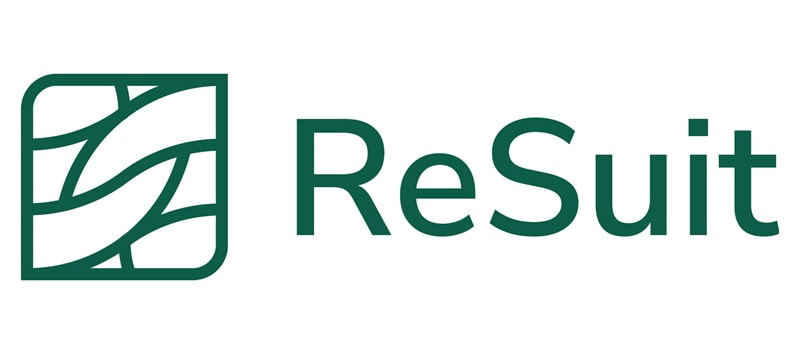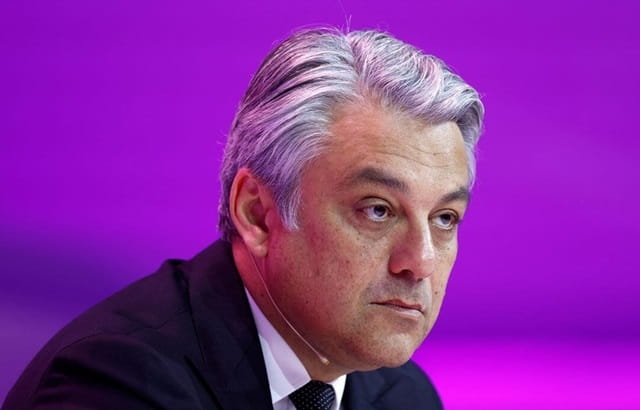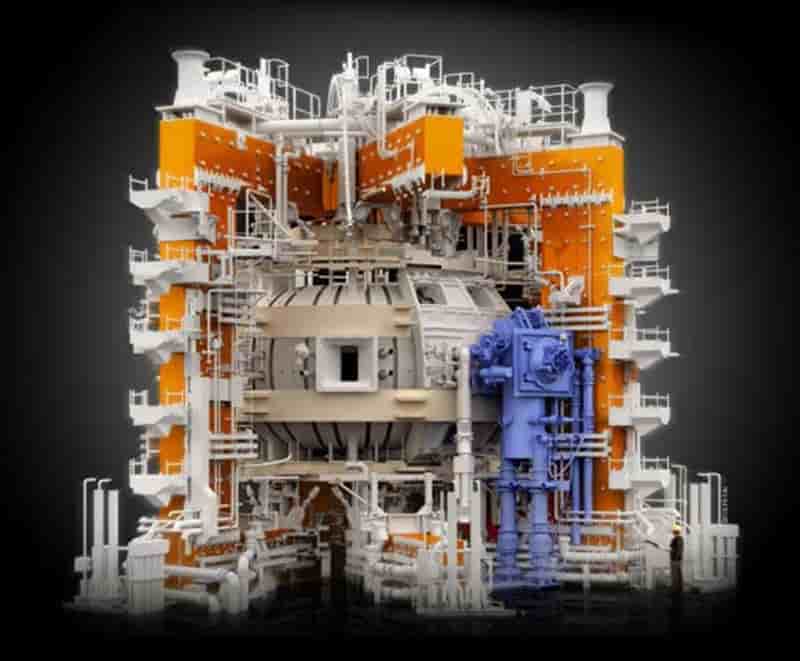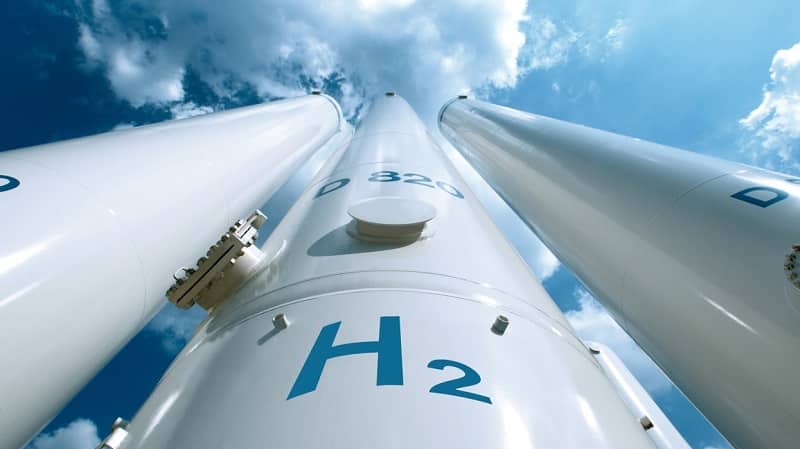In the past three years, we have collaborated with researchers, recycling specialists, behavioural experts, and other textile and fashion companies in the ReSuit project, Denmark’s first major textile recycling project.
ReSuit has aimed to develop new technologies that can transform textile waste into new fabrics and set new standards for fashion design, focusing on longer lifespan and improved recyclability when discarded. Polyester recycling
Now, the project team is ready to share additional positive findings.
Two technologies
ReSuit has, among other things, proven that polyester textile waste can be recycled into new polyester textiles. Furthermore, the project has succeeded in recycling clothing waste that was previously considered difficult to recycle by using a special method where the clothing is transformed into bio-oil and chemical building blocks for the production of new polyester and plastic-based materials.
“At Bestseller, we are fully aware of the challenges in the fashion industry, but we also have the size and expertise to be part of the solution. That’s why we entered ReSuit with open eyes and an understanding that innovation plays a crucial role in transforming the fashion industry into a more sustainable one,” says Camilla Skjønning Jørgensen, Innovation Manager at Bestseller. Polyester recycling
More…

Luca De Meo, the president of the Renault Group, recently underlined the crucial importance of the automotive sector for Europe, representing 8% of GDP and involving 13 million jobs
He highlighted that Europe faces unprecedented change in the industry, especially considering the accelerated development of the automotive sector in China. De Meo said 2023 will be remembered as the year Europe became aware of China’s predominant role in the automotive industry.
The Renault president discussed emerging challenges in the sector, including the need to reduce environmental impact, the abandonment of the combustion engine by 2035 and growing safety and cyber-security requirements. He has noticed increased volatility in the industry, due to rapid technological changes, changes in raw material prices and regulatory fluctuations. Polyester recycling
De Meo emphasized the importance of innovation and strategic agility to face future challenges, underlining the need for business models adapted to new scenarios and investments in new technologies. He proposed the adoption of clear principles and objectives at European level and the creation of a one-stop shop for mobility and automotive regulations.
Finally, De Meo reiterated that Europe must develop a hybrid model that combines private initiative and public intervention to strengthen the continent’s competitiveness in the long term. Polyester recycling

Bio On is back, but it’s all new
Bio On is making a triumphant return, reinvigorated with a fresh outlook and a revamped visual identity. The resurgence of the original name, after its acquisition by the Maip group, signals a bold new chapter for the company. With a commitment to innovation at its core, the revitalized Bio On is poised to make significant strides in the realm of bioplastics.
Embracing its ethos of sustainability, the company’s logo now bears the inspiring tagline “Nature always finds a solution,” a testament to its dedication to eco-friendly polymer production. Polyester recycling
This ethos is encapsulated in a modern logo design, symbolizing the fusion of ‘Future’ and ‘Nature’ – two inseparable concepts essential for progress and sustainability.
Operationally, Bio On’s business model focuses on intellectual property and high-value PHA material production for niche markets, alongside patent exploitation. Plans are underway to restart PHA production at the Castel San Pietro Terme plant, with the Research and Fermentation (RAF) startup slated for the first half of the year.
The company’s strategic vision extends beyond production, encompassing research and development initiatives in Cosmetic, Nanomedicine & Smart Materials (CNS). Recent acquisitions and investments in laboratory equipment underscore Bio On’s commitment to advancing innovative projects. Polyester recycling
Founded in 2007, Bio On faced adversity with bankruptcy in 2019 but has emerged stronger under new ownership. The Maip group’s acquisition, comprising Maip, Plastotecnica, and Maip Compounding, positions Bio On for success with a diversified portfolio that includes bioplastics like the IamNature series, leveraging PHBH copolymers blended with other biopolymers.
As Bio On embarks on this exciting journey, its dedication to sustainability and innovation remains unwavering, promising a brighter, greener future in the realm of bioplastics.






